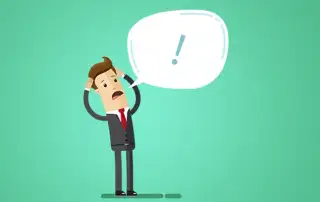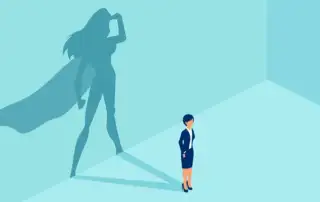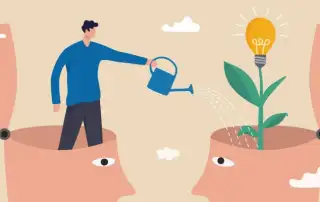Instructors: Three Cognitive Biases to Outsmart
Among the approximately 250 identified cognitive biases, some deserve consideration in the educational field. This is the case with the Pygmalion effect, which we have already discussed, influencing the relationship between teacher and learner and potentially having a significant impact on learning. Here are three particularly notable ones: the bias blind spot, the halo effect, and the curse of knowledge.
When Pygmalion Invites Himself into the Classroom
Many of our daily judgments, although they seem thoughtful, are not rational and can lead us to unwise decisions. These errors in judgment are known as "cognitive biases," and there are currently about 250 identified. While the field of education promotes critical thinking, the relationship between teachers and learners often fosters the emergence of certain biases, which can have significant consequences on learning.
Teaching: 5 Neuroscience-Based Strategies
Recent advances in neuroscience have unveiled many of the mysteries of our brain. As our understanding of this fascinating organ deepens, it becomes possible to apply this knowledge in various fields, including education.
Learning: The Adult Brain Is Fond of Stories
Humans have long used stories to transmit their values, beliefs, and knowledge. Today, this practice is mostly perceived as entertainment, often associated with childhood. However, research shows that a well-told story can become an extremely powerful learning tool, even for adults.



